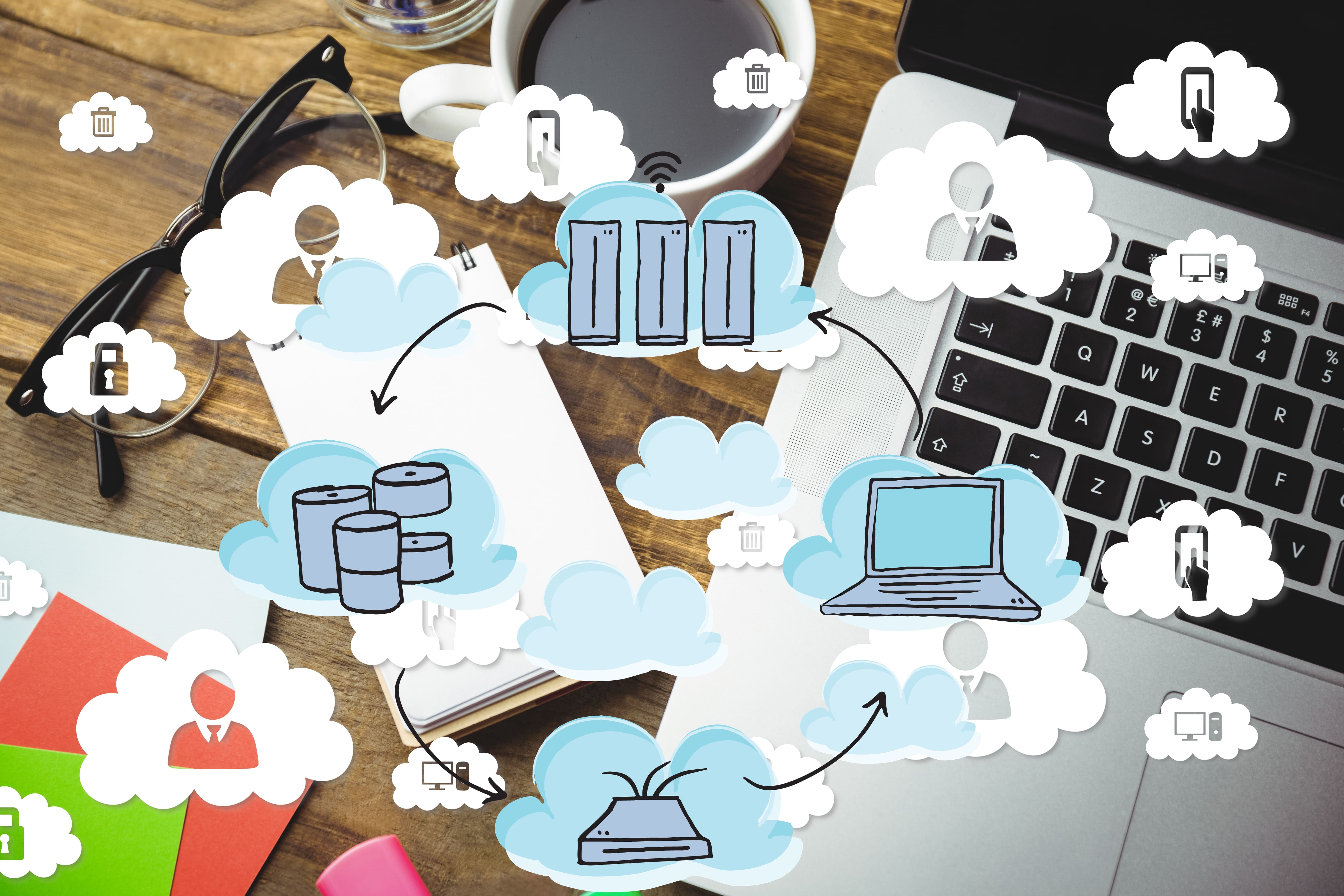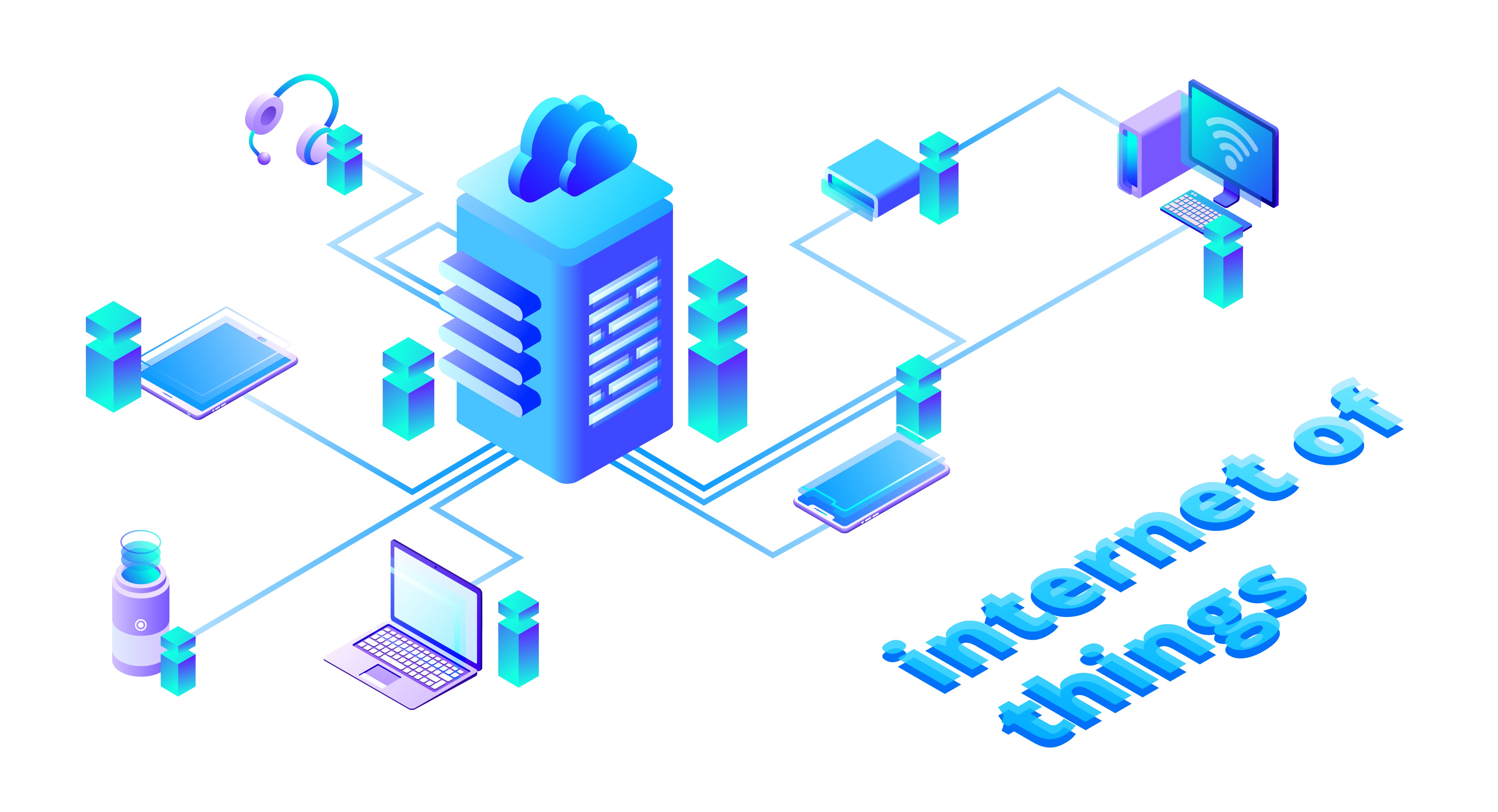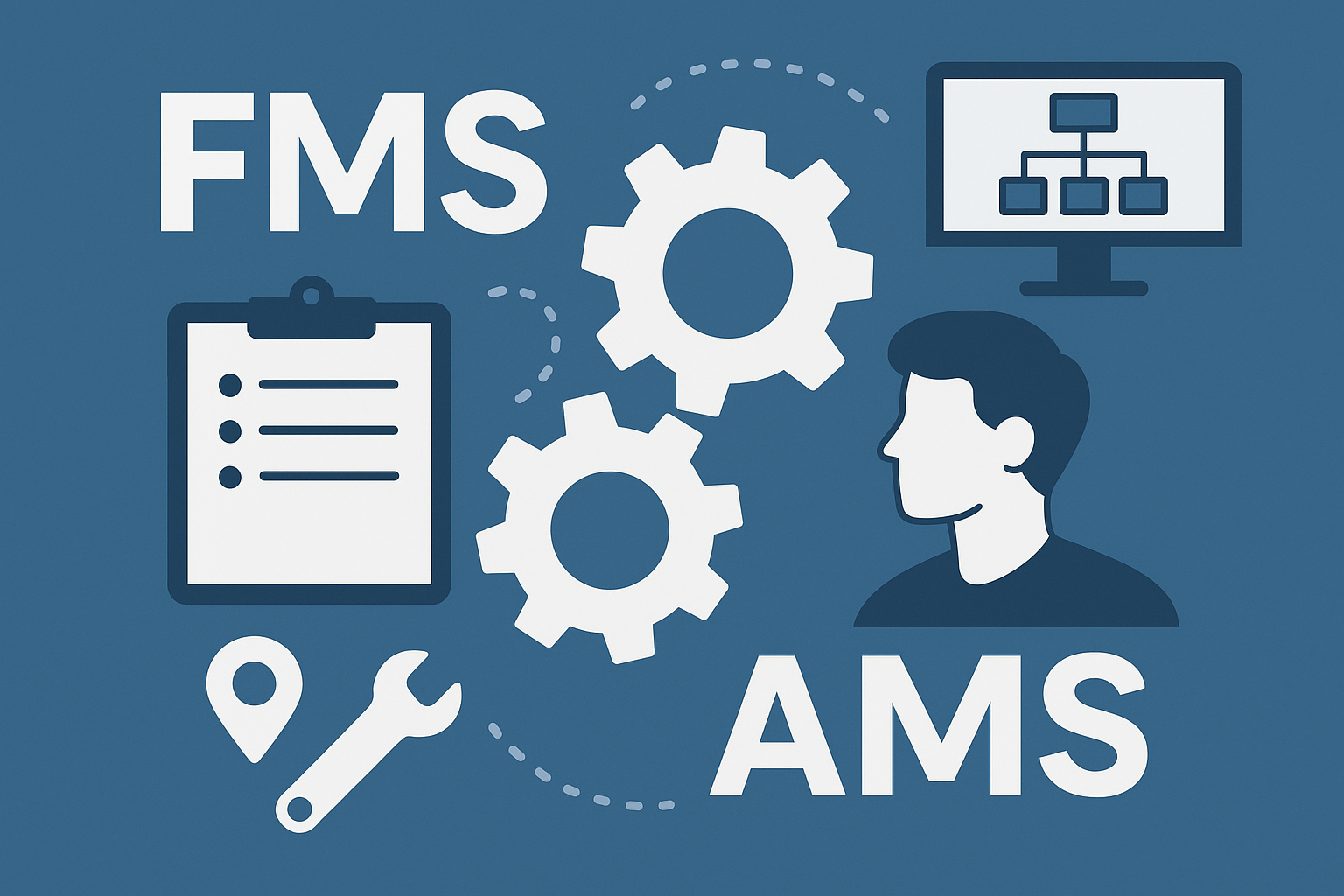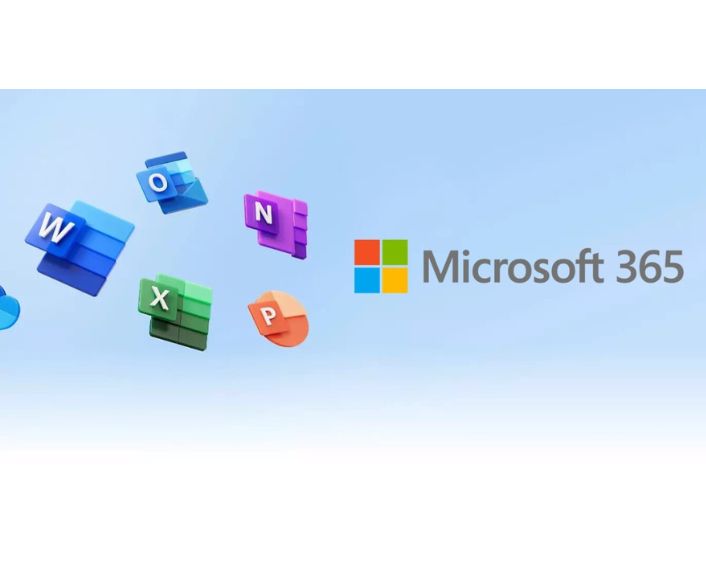
Have you ever wondered how we send messages, share pictures, or use the Internet so easily? All of this is possible with the help of networks. A network connects computers, phones, and other devices so that they can talk to each other and share things quickly.
Without a network, we wouldn’t be able to email friends, watch videos online, or work together on school or office projects. Networks make our lives easier and help us stay connected to people and information no matter where we are. In this blog, we’ll explore why do we need networks and how they are useful in our daily lives.
What is a Network and Its Types
A network is a group of two or more devices, like computers, phones, or printers, that are connected together to share information, data, and resources. These devices can be linked using wires, such as cables and fibre optics, or wirelessly through Wi-Fi and other technologies. The main purpose of a network is to allow these devices to communicate with each other easily and quickly.
Networks can be small, like those in a home or school, or very large, like the internet, which connects millions of devices worldwide. By connecting devices, networks make it possible to share files, use shared printers, and access the internet, making our daily tasks simpler and more efficient.
Networks come in different shapes and sizes. Here are the main types of networks you should know:
|
Network Type |
Use |
Example |
|
LAN (Local Area Network) |
Covers a small area like a home, office, or school |
Computers in a classroom |
|
WAN (Wide Area Network) |
Spans a large area, like a city or country |
The internet itself |
|
MAN (Metropolitan Area Network) |
Connects networks across a city |
City-wide Wi-Fi |
|
PAN (Personal Area Network) |
A very small network for one person |
Connecting your phone to your laptop |
|
WLAN (Wireless LAN) |
Like a LAN but wireless |
Home Wi-Fi |
Each type of network is designed for a specific purpose, but all of them help us stay connected and share information easily.
Why Do We Need Network?
Networks are an essential part of our daily lives, even if we don’t always notice them. Below are some of the main reasons why we need networks and how they make our lives better and more convenient.
1. Easy Resource Sharing
One of the main reasons for the need for networking is the ability to share resources easily. Networks are useful because they allow multiple devices, like computers, printers, and storage drives, to connect and use the same resources.
For example, instead of buying a separate printer for every computer in an office, all computers can use a single printer through the network. This not only saves money but also makes it easier to manage and maintain devices.
2. Better Communication
Why do we need network? Because networks make communication fast and simple. With a network, you can send emails, chat, or make video calls to anyone, anywhere in the world. This instant communication is possible because networks connect your device to others, no matter the distance.
In workplaces, this means teams can stay in touch, share updates quickly, and solve problems together. Networks also support digital tools like instant messaging and collaborative platforms, making teamwork smoother and more effective.
3. Access to Information
Networks allow people to access information from anywhere, at any time. Whether you’re searching the internet for information, accessing shared files at work, or using cloud storage, networks make it possible.
This is especially helpful in schools and offices, where many people need to use the same data or documents. With a network, you don’t have to be in the same place as the information; you can get what you need from any connected device, making learning and working much more flexible.
4. Centralized Management
Another important reason for the need for networking is centralized management. Networks let organizations control and manage resources, software, and data from one central location.
For example, an IT team can update software or install security patches on all computers in a network at once, instead of doing it one by one. This saves time, reduces errors, and ensures that everyone is using the latest tools and protections.
5. High Security
With a network, it’s much easier to protect sensitive information. Networks use security tools like firewalls, passwords, and encryption to keep data safe from hackers or unauthorised users. Administrators can control who can access certain files or resources, making sure that only the right people see important information.
Networks also make it easier to back up data, so information can be recovered if something goes wrong. This high level of security is essential for businesses, schools, and anyone who wants to keep their data safe.
6. Collaboration and Teamwork
The need for networking is clear when it comes to working together. Networks are useful because they let teams share ideas, work on the same files, and even hold meetings online, no matter where each person is located.
This means people can collaborate in real time, make changes together, and stay connected even if they are far apart. Networks make teamwork possible and efficient, helping everyone achieve more together.
Benefits of Networking
The below are the benefits of networking:
- Networking allows the sharing of resources like printers and files among multiple devices.
- It enables fast and easy communication through emails, messages, and video calls.
- Networks provide quick access to information and data from any connected device.
- Centralized management makes it easier to organize, update, and back up data.
- Increased security features help protect sensitive information from unauthorized access.
- Teams can collaborate and work together on projects, even from different locations.
- Sharing hardware and software over a network helps save costs.
- Remote access lets users connect to systems from anywhere.
- Networks can be easily expanded by adding new devices as needed.
- Centralized backup makes data recovery simpler and more reliable.
- Networking keeps resources and data well-organized.
- Improved communication and access improve overall productivity.
Conclusion
In simple words, networks are very important in our daily lives. They help us share resources, communicate easily, and work together, whether we are at home, school, or in the office. Networks also keep our information safe and make it easy to access data from anywhere.
The need for networking is clear because networks are useful because they save time, money, and make life more convenient. Understanding the meaning of network and its types helps us see why do we need network in today’s world. By using networks, we can stay connected, be more productive, and enjoy many benefits every day.
If you want to know about networking, MSOFTSERV can help you with all your networking needs. Whether you are just starting to learn what is network and its types, or you want to set up a secure and reliable network for your home or business, we provide simple guidance and support.
Contact us today at +91 92843 64742 to get started. With expert knowledge in Windows Server and modern networking solutions, we can assist you in sharing resources, improving communication, and keeping your data safe.










